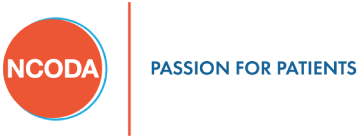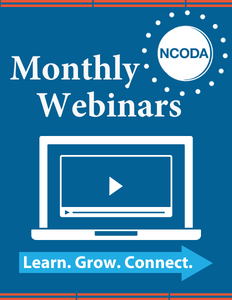Author: Sharita Howe, PharmD, Associate Director of Partner Development & Strategy
The landscape of oncology care is evolving rapidly, driven by the need for more personalized, patient-centered approaches. In alignment with the Biden-Harris Cancer Moonshot initiative to provide equitable access to care, the Centers for Medicare & Medicaid Services (CMS) has introduced new CPT codes for reimbursing patient navigation services, effective January 1, 2024. These codes mark a significant milestone in recognizing the critical role of navigators, social workers, and support personnel in guiding patients through complex treatment journeys.
Patient navigation services have been proven to enhance patient outcomes by reducing barriers to care and improving adherence to treatment plans. A systematic review of 59 publications on patient navigation in cancer treatment found that 70% of the reviewed studies that focused on treatment initiation reported a significant reduction in time to treatment for patients who received navigation, and 71% of reviewed studies focusing on treatment adherence demonstrated significant improvements in adherence rates for navigated patients. These positive outcomes were observed across various cancer types, including breast, lung, head and neck, hematologic, pancreatic, and gastrointestinal cancers. (1)
For pharmaceutical partners, this change represents a pivotal opportunity to support oncology practices in implementing navigation services and aligning with a patient-first care model. By collaborating with oncology practices to implement these codes, pharmaceutical companies can not only enhance patient outcomes but also solidify their role as essential contributors to the evolving landscape of oncology care. NCODA believes there are several ways to support practices operationalizing CPT codes:
Opportunities for Collaboration
- Education and Training Support: Pharmaceutical partners can develop or sponsor educational initiatives to train practice staff on implementing and documenting navigation services for reimbursement. This might include webinars, workshops, or quick-reference materials tailored to specific practice needs.
- Resource Sharing: Collaborating with professional organizations like NCODA to create and disseminate resources, such as eLearning modules or case studies, can help practices navigate operational challenges and improve adoption of these services.
- Strengthening Partnerships with Practices: Engaging with practices (either individually or through professional organizations) to address navigation needs positions pharmaceutical companies as collaborative partners invested in patient care, reinforcing long-term relationships built of mutual goals.
- Building Community Impact through Support of Advocacy Organizations: Supporting practices through local advocacy organizations in operationalizing navigation services helps achieve the broader goal of health equity and furthering access to high-quality cancer care for all patients.
The introduction of these new CPT codes for patient navigation services is a transformative step toward advancing patient-centered care and improving outcomes across oncology practices. By partnering with professional organizations and practices, pharmaceutical companies can play a pivotal role in operationalizing these services and ensuring their long-term success. Together, we can build a healthcare ecosystem that prioritizes access, equity, and innovation, ultimately enhancing the quality of life for cancer patients nationwide.
References:










